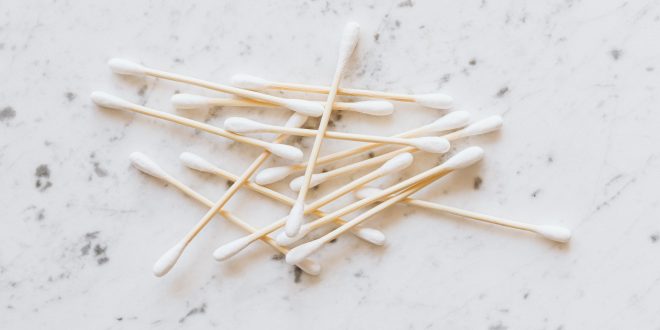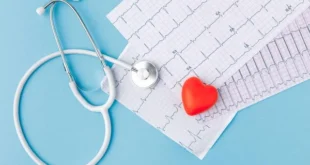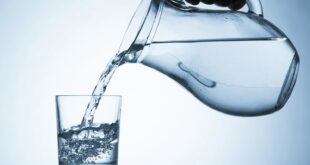By: Eric Hua
Most high-end sport gym facility offers cotton swabs in the washroom. After finishing their exercises and bathing, many people like to use a cotton swab to clean out their ear wax.
Ear wax is a waxy substance generated inside your ear that is used to protect the ear canal. Most of the time you won’t be able to feel it at all. People generally ignore it, though some clean it periodically. Theoretically, you don’t have to clean your ear unless it’s necessary. In what circumstances do you need to clean out your ear wax?
- When it feels abnormal, for example, itchy or stuffy
- When it’s too much, to the point of causing infection
- When you start getting hearing loss due to buildup
- When you hear sounds in your ear due to loose earwax
When you decide to clean ear wax, is using cotton swab a good choice? Probably not. The ear has 3 parts, outer ear, middle ear, and inner ear. Ear wax is located at the outer ear area. If you use cotton swabs too much, it’s going to push ear wax deeper into your ear, which makes it easier to cause infection instead. If you are an adult and know what you are doing, and you still want to use a cotton swab, remember to stay in the outer ear only. Just swirl gently and don’t ever go deeper.
Other than the cotton swab, other kinds of ear picks are available on the market. Some picks have a shallow scoop, some have a spiral spoon that can rotate. No matter what ear pick you use, remember to stay outer ear only.
In a doctor’s clinic, they can use their professional tools to remove ear wax. Doctors also sometimes suggest using earwax removal aid. It can soften, loosen, and remove excessive ear wax. Just place 5 to 10 drops into the ear, wait a few minutes. This way, you can clean out your ears without the hazards of using cotton swabs.
 Tempus Magazine By Students, For Students
Tempus Magazine By Students, For Students 



